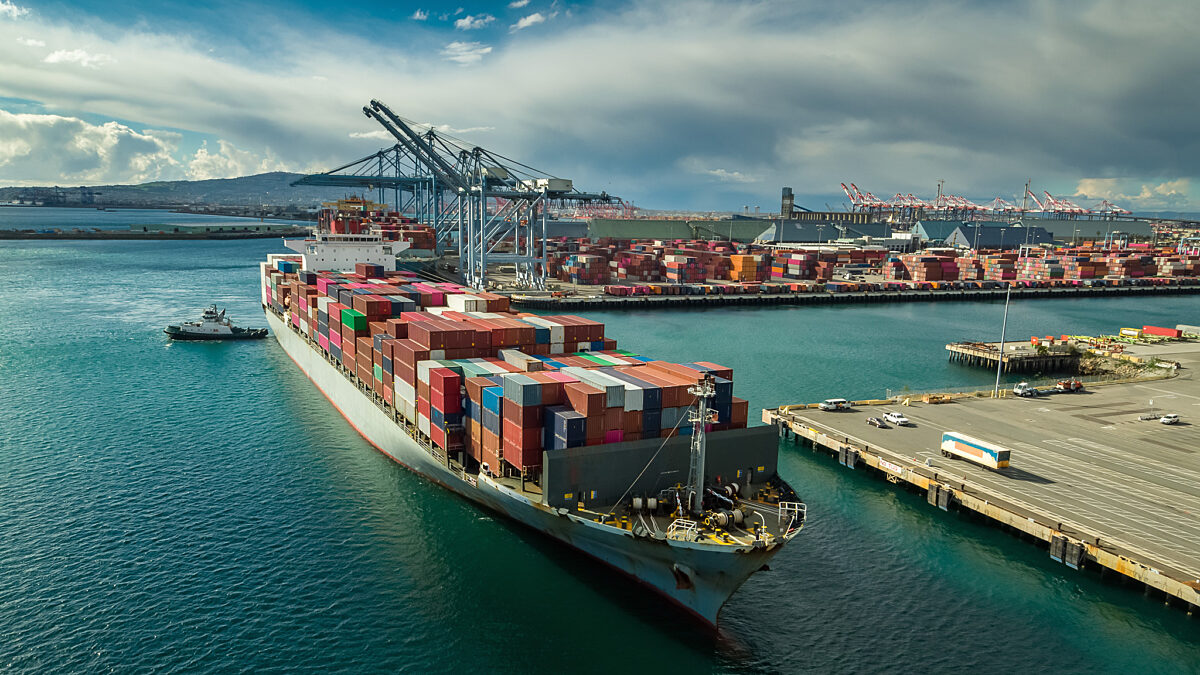Increased Tariffs on Chinese Imports Could Lead to Retaliation
The Biden administration announced steep tariff increases on some Chinese imported goods. Chad Smith has more on the potential retaliation concerns.
Smith: The Biden administration is continuing current tariffs and adding new ones. Dave Salmonsen, senior director of government affairs with the American Farm Bureau Federation, says that the increases are primarily tech focused.
Salmonsen: Starting off with electric vehicles. Now, we don't hardly import any Chinese electric vehicles, and there's currently a 27-and-a-half percent tariff, but that will rise to 102-and-a-half percent. Semiconductors, solar cells, those tariffs are going to double to 50 percent. Steel and aluminum will go from seven-and-a-half to 25 percent.
Smith: He says there are a couple of reasons the administration made the move. One is a requirement that tariffs get reviewed every four to five years.
Salmonsen: So, the trade rep’s office has been doing this review and decided that looking at it all, it would continue some as they are, and it was going to increase some. Another thing that's going on right now, China's economy isn't doing well, and they're trying to ramp up their economy by putting a real push on exports. So, there is a great opportunity for China to flood the world with all kinds of products.
Smith: While the tariffs likely won’t take effect until fall, Salmonsen talks about the possibility of retaliation against U.S. agricultural exports to China.
Salmonsen: As a result of this, could there be rising tariffs on the part of China for our exports? Currently, some products - think of U.S. pork - still face higher tariffs than we had before. Would they reimpose those on other products? That's our concern. Or, could they slow down buying?
Smith: Chad Smith, Washington.
Trending Topics
VIEW ALL



